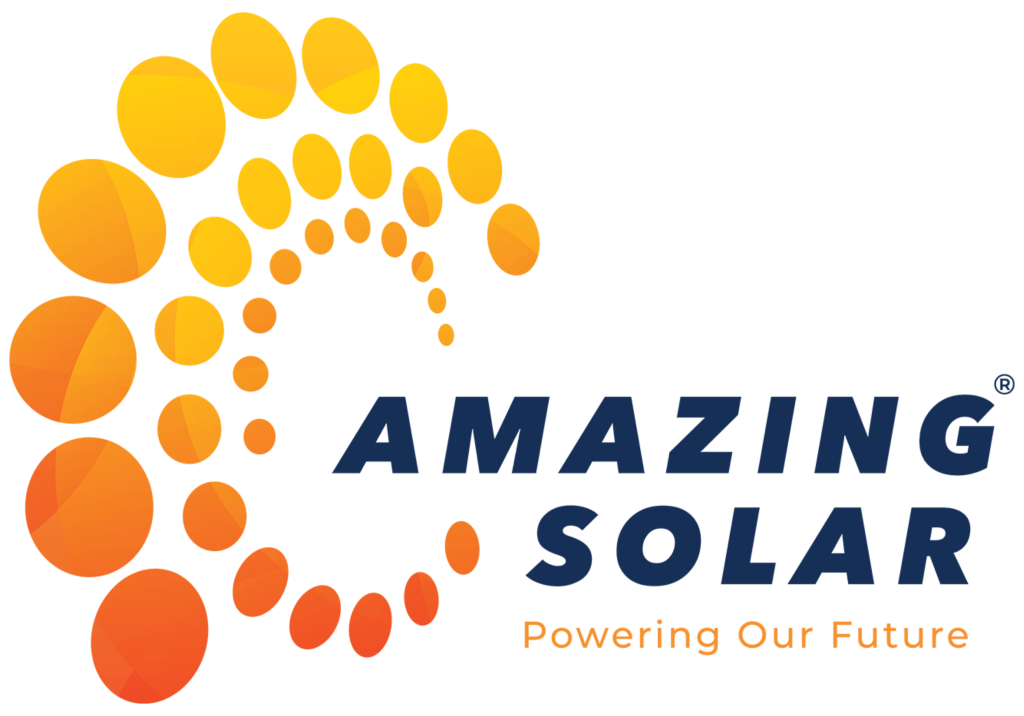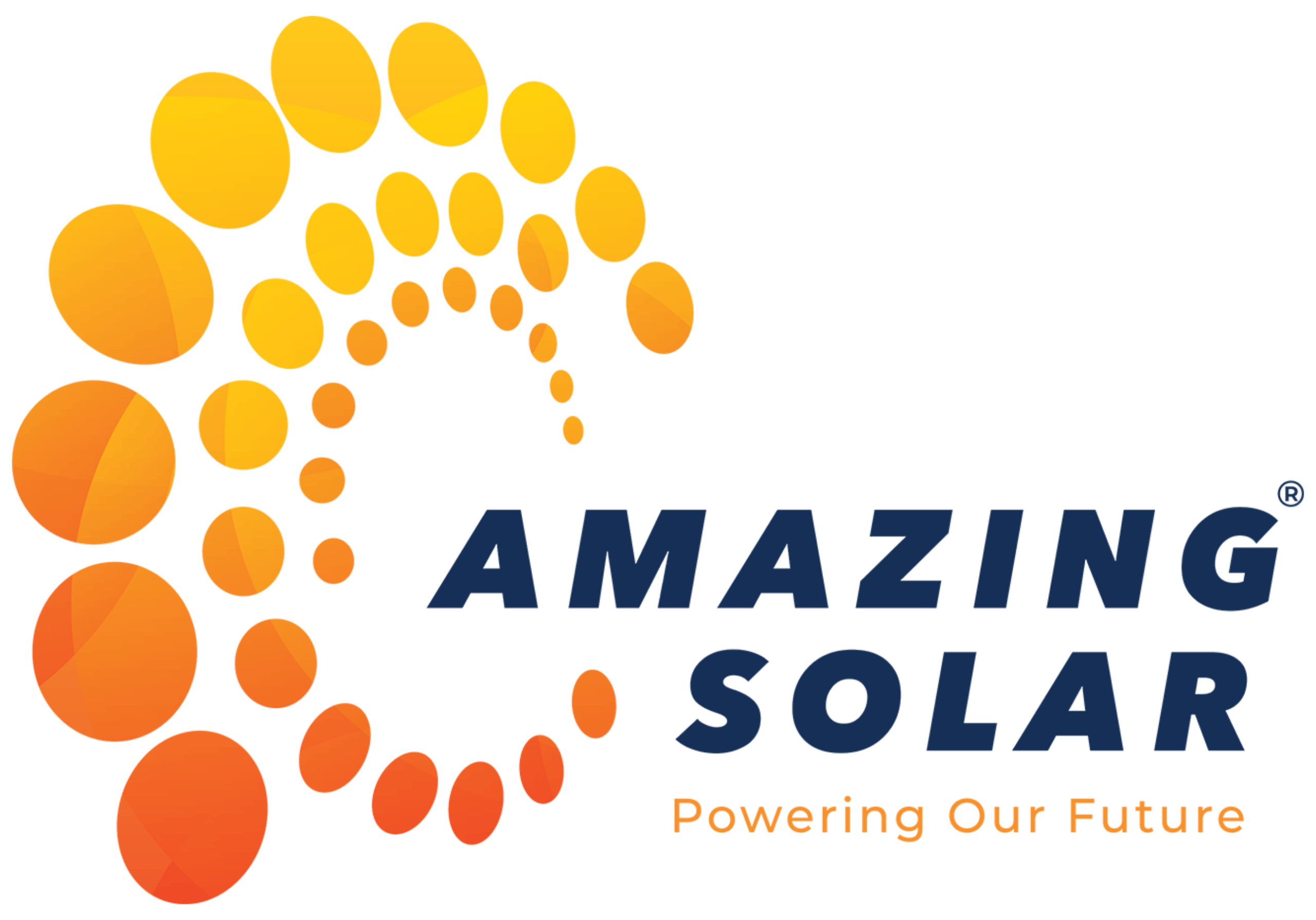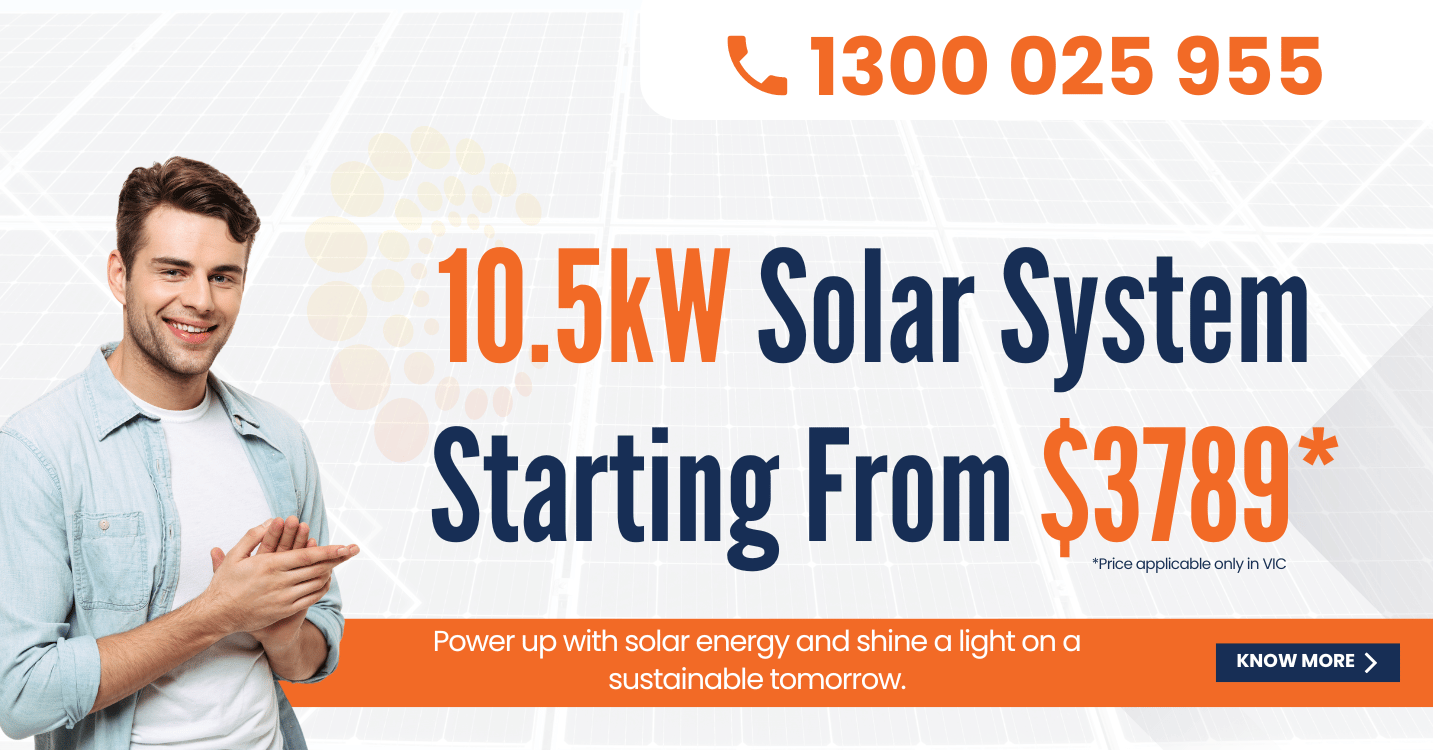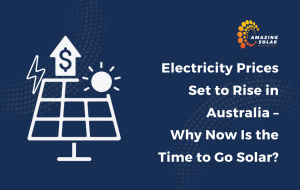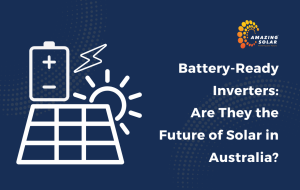As solar technology advances, the choices available to consumers become increasingly sophisticated. At Amazing Solar Solutions, we’re committed to keeping you informed with detailed, technical insights into some of the top solar panels on the market. Today, we’re comparing two industry heavyweights (Jinko Vs. Aiko Solar): the Jinko Solar Tiger Neo N-type 54HL4R-B 420-440 Watt and the Aiko Neostar 2S 440W-460W panels.
Jinko Solar Tiger Neo N-type 54HL4R-B 420-440 Watt
Core Specifications:
- Power Output: Ranges from 420W to 440W
- Efficiency: Up to 22.06%
- Temperature Coefficient (Pmax): -0.26% per °C
- Warranty: 25-year product and 30-year linear power performance
- Key Technologies: HOT 2.0 Technology, SMBB (smaller module busbar)
Performance Under Extreme Conditions: Jinko Solar panels are equipped with HOT 2.0 technology, which minimizes degradation due to heat and enhances performance in high temperature environments. Their advanced SMBB technology improves light absorption and reduces resistance within the module, leading to superior performance even under low light conditions.
Durability and Longevity: Built to endure, Jinko Solar panels are certified to withstand high wind loads (up to 4000 Pascal) and snow loads (up to 6000 Pascal). They also feature enhanced PID resistance, ensuring minimal performance loss over time. The robust 30-year linear performance warranty promises that these panels will maintain at least 87.4% of their efficiency even after three decades.
Aiko Neostar 2S 440W-460W
Core Specifications:
- Power Output: Ranges from 440W to 460W
- Efficiency: Up to 23.1%
- Temperature Coefficient (Pmax): -0.26% per °C
- Warranty: 30-year linear performance warranty
- Key Technologies: Partial Shading Optimisation, Better Temperature Coefficient
Optimized for Partial Shading: Aiko panels feature Partial Shading Optimisation, a crucial advantage for installations in urban environments or areas with intermittent shading. This technology allows the panels to maintain higher output even when partially shaded, making them particularly effective in challenging installation scenarios.
Superior Aesthetics and Build Quality: Aiko panels not only perform well but also look great with their full-black design, making them a popular choice for residential installations where aesthetics are a priority. Their design incorporates a high transmissivity, low iron tempered glass that enhances durability and performance longevity.
Comparative Analysis
Efficiency and Output: While both panels offer high efficiency, Aiko edges out slightly with a maximum of 23.1% compared to Jinko’s 22.06%. However, Jinko’s power output under real-world conditions is often lauded for consistency and reliability.
Technological Innovations: Jinko’s SMBB technology is a game-changer in low-light conditions, while Aiko’s shading optimisation provides a unique advantage in partially shaded environments. Both technologies cater to specific challenges that solar panel installations might face.
Installation and Usage: Both brands provide modules that are easy to install with standardised dimensions and plug-and-play connectors. The choice between the two will depend on specific site conditions, aesthetic preferences, and energy requirements.
Conclusion
Both Jinko vs. Aiko solar offer compelling solutions for those looking to invest in solar energy. Whether you prioritize efficiency, durability, or specific technological advantages, both brands bring unique strengths to the table.
Ready to upgrade your home or business with top-tier solar solutions? Contact Amazing Solar Solutions at 1300 025 955. Our experts are ready to help you select the perfect panels that meet your energy needs and environmental conditions, ensuring your investment is sound and sustainable for decades to come.


